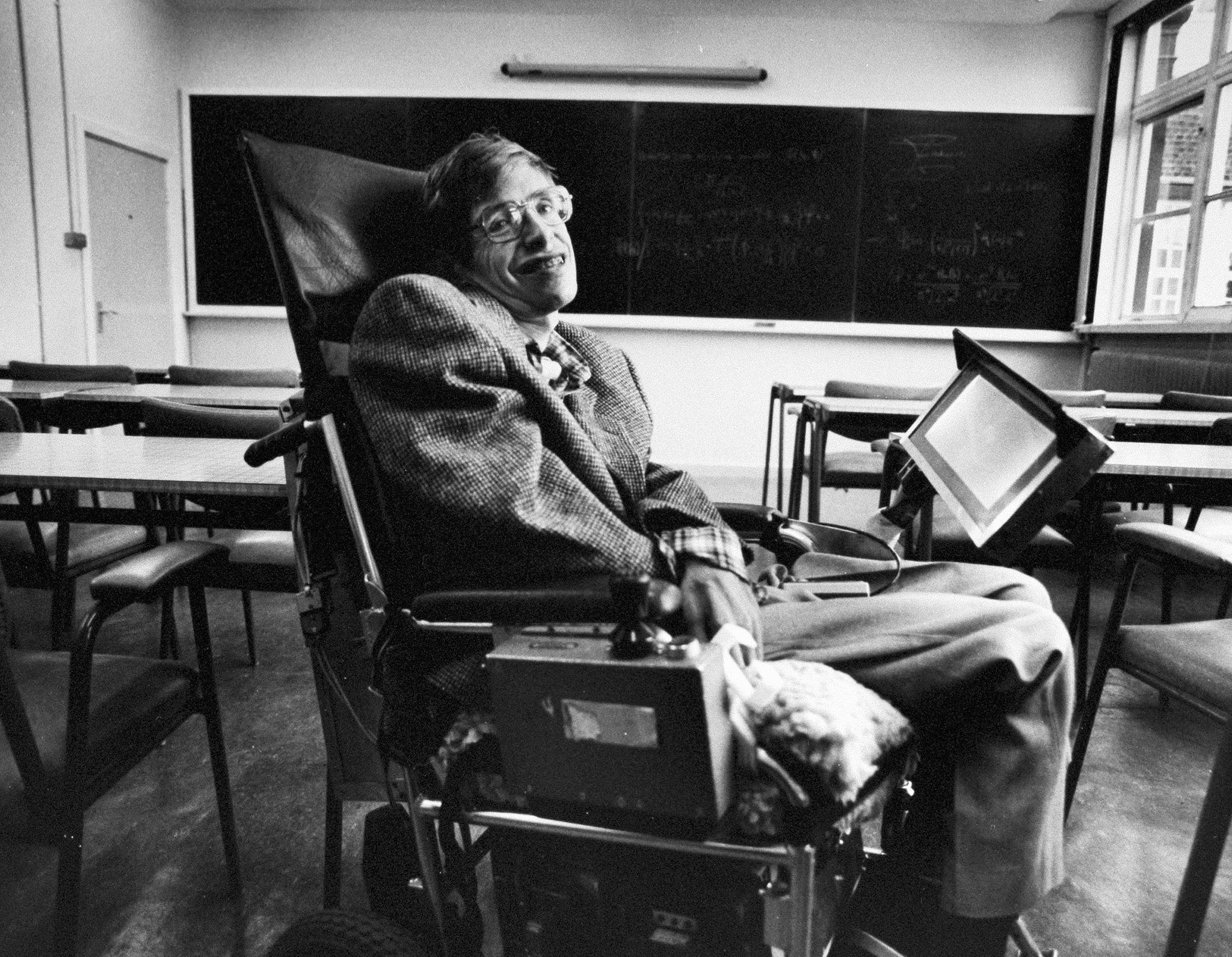Stephen Hawking and Albert Einstein are two of the most well-known geniuses in history who made tremendous contributions to the field of physics. While Einstein proposed the theory of relativity and introduced the equation E=mc2, Hawking’s research centered around black holes and the origin of the universe. Both were prolific writers, known for their ability to communicate complex scientific theories to the general public, and received numerous awards and honors throughout their careers. Both also faced personal struggles, with Einstein fleeing Nazi Germany and Hawking being diagnosed with ALS at the age of 21. Both have left lasting legacies that continue to influence the scientific community today.
Stephen Hawking vs Albert Einstein: Who is the Brightest Mind in History?
Stephen Hawking and Albert Einstein are two of the most well-known geniuses in history. Both have made tremendous contributions to the field of physics, and their ideas continue to influence the scientific community today. In this article, we will compare and contrast the lives and achievements of these two great minds to determine who is the brightest mind in history.
Early Life
Albert Einstein was born on March 14, 1879, in Ulm, Germany. He showed an early interest in mathematics and science and excelled in these subjects during his school years. At the age of 16, he went to Switzerland to attend the Zurich Polytechnic. Meanwhile, Stephen Hawking was born on January 8, 1942, in Oxford, England. He also showed a natural aptitude for science and mathematics, which led to his enrolment at University College, Oxford, at the age of 17.
Contributions to Physics
Albert Einstein is best known for his theory of relativity, which forms the cornerstone of modern physics. He proposed the idea that time and space were not absolute, but instead were relative to the observer’s position and motion. He also introduced the equation E=mc2, which describes the relationship between matter and energy. Hawking, on the other hand, is known for his research on black holes and the origin of the universe. He proposed that the universe began as a singularity, a point of infinite density, and that black holes, which were previously thought to be permanent, could evaporate over time.
Writing and Publications
Both Einstein and Hawking were prolific writers, and their contributions to the field of physics are documented in their numerous publications. One of Einstein’s most famous papers, “On the Electrodynamics of Moving Bodies,” introduced his theory of relativity. Hawking’s most famous book, “A Brief History of Time,” is a journey through the history of the universe and an explanation of some of the most complex ideas in physics. Both Einstein and Hawking were also known for their ability to communicate complex scientific theories and ideas to the general public.
Awards and Honors
Both Einstein and Hawking garnered numerous awards and honors throughout their careers. Einstein won the Nobel Prize in Physics in 1921 for his work on the photoelectric effect. Hawking was awarded numerous prestigious honors in his lifetime, including the Albert Einstein Medal, the Presidential Medal of Freedom, and the Copley Medal.
Personal Struggles
Both Einstein and Hawking faced personal struggles throughout their lives. Einstein fled Nazi Germany and became a citizen of the United States in 1940. He also struggled with his own relationships, which were often fraught with difficulties. Similarly, Hawking was diagnosed with amyotrophic lateral sclerosis (ALS) at the age of 21, a debilitating disease that left him wheelchair-bound for the rest of his life. Despite this, he continued to work and make significant contributions to the field of physics.
Conclusion
Both Stephen Hawking and Albert Einstein were brilliant minds that made significant contributions to the field of physics. While it is difficult to say definitively who is the brightest mind in history, it is clear that both men changed the way we view the universe and the laws that govern it. Their ideas and discoveries continue to influence the scientific community today, and their legacies will undoubtedly endure for centuries to come.
